There is an “overwhelming” number of farmers getting in touch with cat rescue and trapping services, according to Caitríona Leahy of Aughrim Cat Rescue, Co Wicklow.
Leahy said she and other similar groups are receiving several calls per week from farmers with cats who’ve “bred out of control” on their farms, requiring them to be trapped and neutered.
She said farmers are getting in touch with anywhere from 10-40 cats on their farms and that this issue always rears its head in the build up to lambing, when sheep are housed.
Leahy said farmers are concerned that the cats will spread toxoplasmosis to pregnant ewes and cause abortion outbreaks.
Trapping
Aughrim Cat Rescue and Trap, Neuter, Return (TNR) visits farms in Wicklow and elsewhere to first trap stray cats, bring them to get neutered and then return them to the farm, if the farmer wishes.
Unwanted cats and kittens too young to be neutered are found new homes.

Neutered cats hunt better, said Leahy. \ Claire Nash
Leahy said that tom cats which aren’t neutered “spray everywhere” and can very quickly contaminate livestock feed such as silage.
However, she also said that there is nothing wrong with a farmer keeping a few cats as they are a “working animal” and keep rodent numbers down.
Breeding
Leahy said female cats which aren’t neutered can have as many as three litters a year, with as many as six kittens per litter. These kittens are then in turn ready to breed at between four and five months and most often these can be inbreeding, she explained.
“The cats are sick and then they’re spreading disease. They also hunt better when they’re neutered.
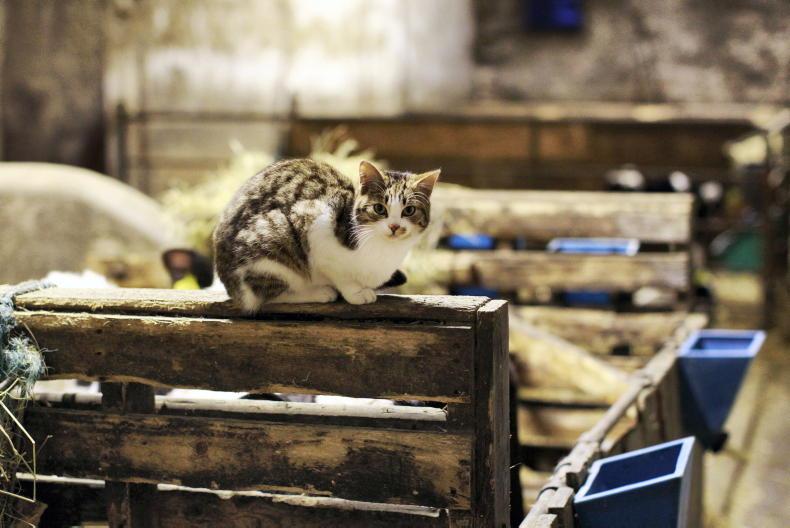
Cats can spread toxoplasmosis to pregnant ewes.
“It’s so important to have them under control and the most humane way is to get them neutered,” she said.
The Wicklow woman said “a lot of farmers are getting in touch through their vets” and advised farmers to address any on-farm cat problems before they breed again in spring.
Aughrim Cat Rescue and Trap, Neuter, Return (TNR) can be contacted on 087 175 7395.
Read more
Sheep Management: guarding against disease entry with a good quarantine protocol
There is an “overwhelming” number of farmers getting in touch with cat rescue and trapping services, according to Caitríona Leahy of Aughrim Cat Rescue, Co Wicklow.
Leahy said she and other similar groups are receiving several calls per week from farmers with cats who’ve “bred out of control” on their farms, requiring them to be trapped and neutered.
She said farmers are getting in touch with anywhere from 10-40 cats on their farms and that this issue always rears its head in the build up to lambing, when sheep are housed.
Leahy said farmers are concerned that the cats will spread toxoplasmosis to pregnant ewes and cause abortion outbreaks.
Trapping
Aughrim Cat Rescue and Trap, Neuter, Return (TNR) visits farms in Wicklow and elsewhere to first trap stray cats, bring them to get neutered and then return them to the farm, if the farmer wishes.
Unwanted cats and kittens too young to be neutered are found new homes.

Neutered cats hunt better, said Leahy. \ Claire Nash
Leahy said that tom cats which aren’t neutered “spray everywhere” and can very quickly contaminate livestock feed such as silage.
However, she also said that there is nothing wrong with a farmer keeping a few cats as they are a “working animal” and keep rodent numbers down.
Breeding
Leahy said female cats which aren’t neutered can have as many as three litters a year, with as many as six kittens per litter. These kittens are then in turn ready to breed at between four and five months and most often these can be inbreeding, she explained.
“The cats are sick and then they’re spreading disease. They also hunt better when they’re neutered.

Cats can spread toxoplasmosis to pregnant ewes.
“It’s so important to have them under control and the most humane way is to get them neutered,” she said.
The Wicklow woman said “a lot of farmers are getting in touch through their vets” and advised farmers to address any on-farm cat problems before they breed again in spring.
Aughrim Cat Rescue and Trap, Neuter, Return (TNR) can be contacted on 087 175 7395.
Read more
Sheep Management: guarding against disease entry with a good quarantine protocol






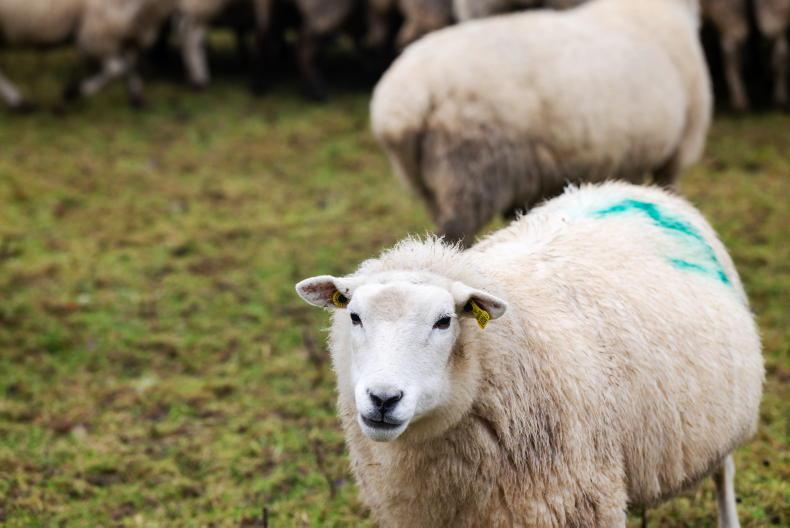

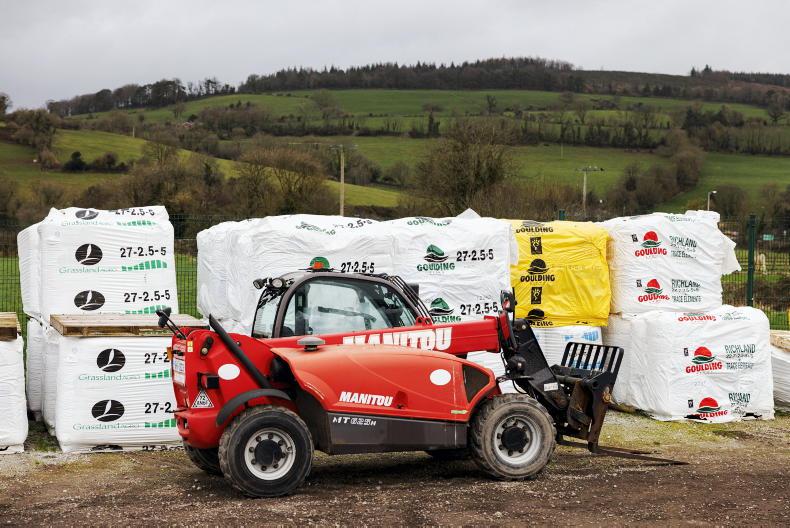
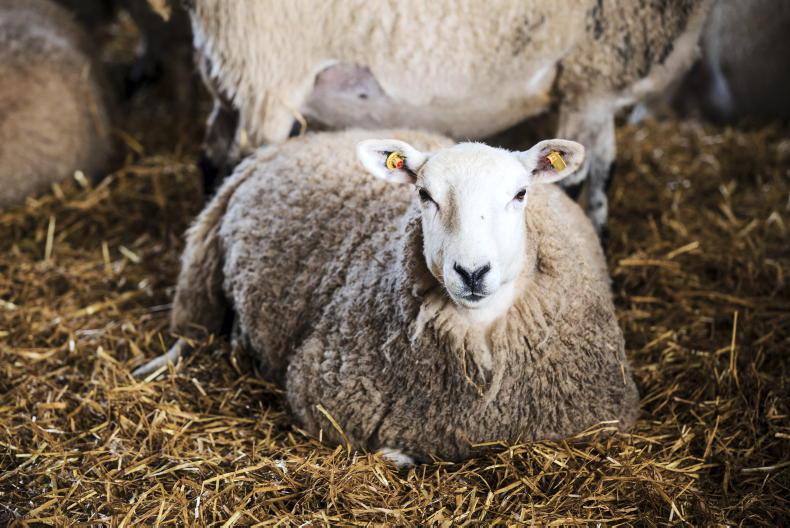
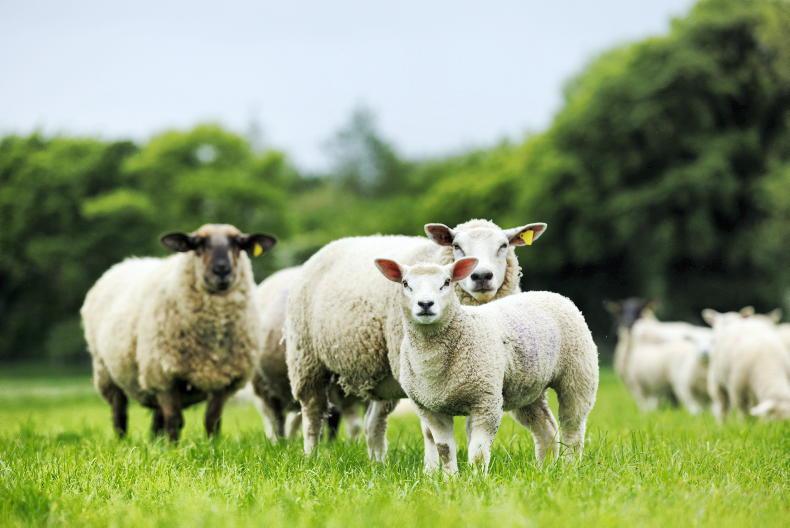
SHARING OPTIONS